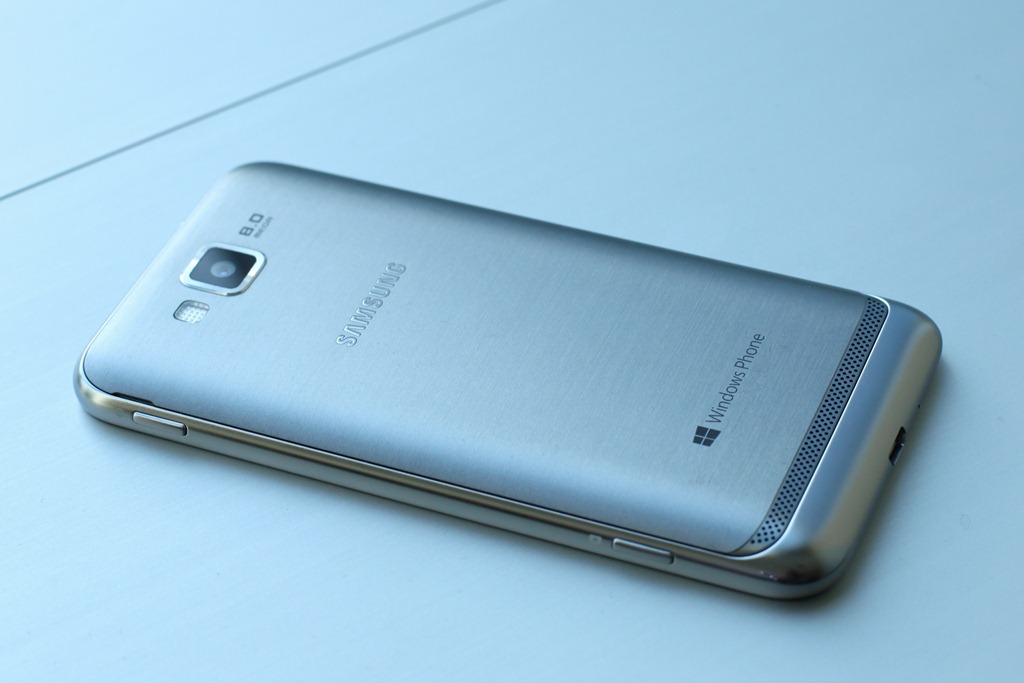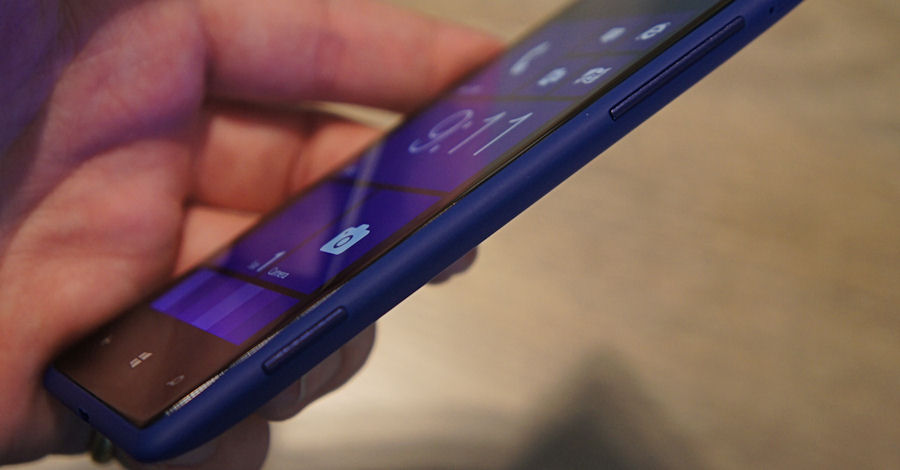Nokia does not have a significant presence in the US market they can leverage, so they are more beholden to the networks than other more established companies. That unbalanced relationship was probably behind the exclusivity of the Lumia 900 to the AT&T network, which has carried on with the Lumia 920 for Nokia's Windows Phone 8 devices.
![]()
To carry a Nokia device entails more risk for a US network than carrying a similar device say, from Samsung. That means they'll want the deal sweetened, which is where 'some help' with the marketing costs comes in handy, as does making a handset 'exclusive' for a short period to encourage the manufacturer to focus their efforts on that network.
For Nokia, some of the upsides of employing an exclusive strategy will include more attention from the network in terms of promotion and placement of the devices. They'll want to maximise the commitment made (there could well be a minimum purchase order or other guarantees in place), and that could mean a bigger subsidy by the network is used to help sell the phone at a lower 'initial purchase' price point.
Like any strategy, the benefits and drawbacks of exclusivity need to be considered, because there will be some negatives - right now many American Windows Phone users were hoping for the Lumia 920 to appear on another network, Verizon. That may happen, because exclusivity tends to be for just a few months of a devices life. Even if AT&T and Nokia have a small window, it's likely to be in place until the end of 2012 - so if the US market wants a Lumia 920 as a Christmas present, AT&T has that market.
It could also explain HTC's announcement with Microsoft that their Windows Phone 8X will be the 'lead' Windows Phone 8 handset. HTC's position with the US networks is far stronger than Nokia - they are a known quantity and as a result they have been able to place their flagship Windows Phone handset with the major networks with no exclusivity in place.
If you were Microsoft, which handset would you push in the marketing that, by default, is going to be US focused? The handset on one network, or the handset on many networks? It's not that difficult a call to make, plus you would have the bonus of reminding the Finnish Elephant in the room that Windows Phone is 'not always about Nokia.'
The Windows Phone launches are global events, but it's natural for there to be a focus on the American market. Everyone's strategy for each territory will be different, which is why there are so many potential stories out there as Network X in Country Y gets Handset Z percolates around the internet, although in general Nokia appear to be negotiating exclusives for the Lumia 920 in each country, and tweaking the Lumia 820 to deliver the baseline Nokia Windows Phone experience for every network that wants to carry the phone.
The 'exclusive to AT&T' strategy has been tried before, not least by Nokia with the Lumia 900, but more notably by Apple with the first wave of iPhones. In a similar position to Nokia at the moment (unknown quantity with a modern smartphone, some brand cachet, and a bit of money to burn), Steve Jobs went for single carrier strategy.
Apple of course have moved on from this now that there is an insatiable demand for their handsets and they can pretty much dictate terms. Nokia are no longer in that position, HTC's profits and sales put them in weakened position, and while Samsung can play off the success of the Galaxy range, they're not showing a burning desire to lead the Windows Phone pack.

In the perfect world it would be possible to obtain any handset on any network with your choice of contract. But economics, volume, and distribution mean that will never be the case, at least for high-end devices where the majority of customers aren't ready to pay out upwards of $600 for a SIM free smartphone. That means the relationship between the networks and the manufacturers has a huge bearing on the success of a handset before the public has a say.
For example, we don't know for sure if the 8X or the 920 will be '$100 phones' or '$200 phones' on AT&T, what we do know is that they cost a lot more than that to buy new. The smoke and mirrors of negotiations will have a huge bearing on the success of Windows Phone. Microsoft of course are in the enviable position of having multiple partners each using a different strategy, so they are going to be backing the winner, no matter who it is.
Which of their partners will be part of that winning bid? We'll have to wait to find out.

